Occupancy Costs vs. Closing Costs: Understanding Financial Commitments in Pre-Construction Properties
Investing in pre-construction condos can be a valuable addition to your portfolio, but in Ontario, there are unique financial commitments tied to this type of property investment that need to be understood—particularly the distinction between occupancy costs and closing costs. These two phases of ownership come with separate financial obligations that can have a significant impact on the profitability of the investment.
What Is the Interim Occupancy Period?
When a condo unit is completed, there are situations where it can be occupied while the rest of the building is being finished.
The interim occupancy phase occurs between the time when you take possession of your condo and the actual closing date when the property title is transferred to you. This period exists because, in Ontario, pre-construction projects are often completed in stages. While you can take possession and live in or rent out the unit once it’s ready, you don’t officially own it until the building is fully registered, which can take months, sometimes even a year or more.
During the interim occupancy period, buyers are required to pay what is known as “occupancy fees.” These fees cover the developer’s costs until final registration, but they don’t reduce the principal balance on your mortgage.
Breakdown of Occupancy Costs
Occupancy fees are essentially a form of rent paid to the developer, calculated as follows:
- Interest on the Unpaid Balance: This is the interest on the outstanding balance of the purchase price that has yet to be paid at closing. If you’ve put down a deposit, the unpaid balance is the remaining portion of the total purchase price.
- Estimated Maintenance Fees: This covers the estimated cost of maintaining the building, including amenities, security, and repairs, similar to regular condo maintenance fees. However, these can be speculative before the actual costs are known.
- Property Taxes: Even though you don’t own the unit yet, you are still responsible for property taxes from the time you take occupancy. These are based on an estimated value, which can differ from the final assessed value after registration.
The problem many investors face is that these interim costs don’t contribute to building equity. Essentially, you’re paying for the privilege of occupying the space without reducing the amount you owe. For investors, this period can be particularly costly if rental income during this phase doesn’t cover the fees.

The Transition to Closing Costs
Closing costs occur once the building is registered and the title to the unit is transferred to the buyer. These costs include legal fees, land transfer taxes, development levies, and other associated expenses. At this stage, you’ll also begin your mortgage payments.
Key closing costs include:
- Land Transfer Tax: In Ontario, this tax is applied based on the purchase price of the property. If you’re buying in Toronto, you’ll also need to account for an additional municipal land transfer tax.
- Development Levies and Tarion Warranty Fees: Developers often pass on the cost of municipal development charges and the cost of the Tarion Warranty Program, which insures your unit against structural defects.
- Legal Fees and Title Insurance: Legal fees are essential to finalize the transaction, and title insurance is necessary to protect you against potential ownership disputes or other claims against the property.
Impact of Rising Interest Rates
Interest rates play a crucial role in determining the financial burden of both occupancy and closing costs. During the occupancy phase, the interest portion of the occupancy fee is determined based on the prevailing interest rate on the unpaid balance. As rates rise, this portion can become significantly higher than expected, eating into the profitability of the investment.
The Importance of Proper Financial Planning
To maximize the profitability of a pre-construction condo investment, you need to plan for both occupancy and closing costs, as well as potential shifts in interest rates. You also need to be aware that occupancy fees don’t build equity.
Additionally, preparing for closing costs, which can range from 1.5% to 4% of the purchase price, is essential to avoid being caught off guard.
Investors need to budget accordingly, factoring in the possibility that rental income may not cover all interim costs, especially if interest rates rise. Proper financial planning ensures that the transition from the occupancy phase to the final closing is as smooth as possible.
Categories
Recent Posts

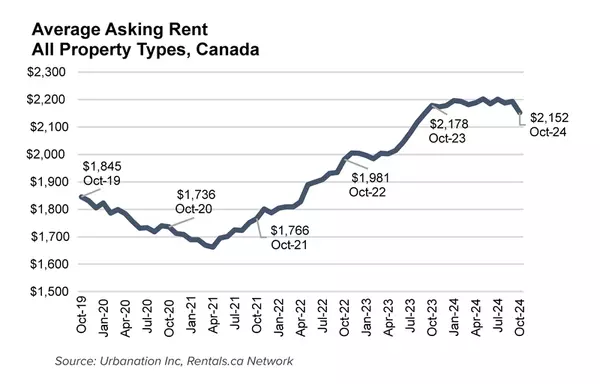

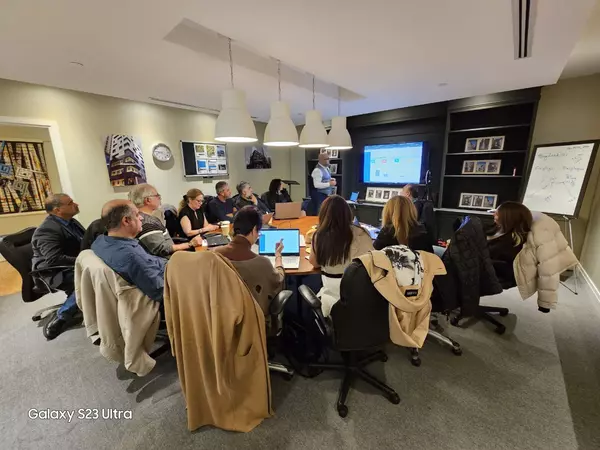

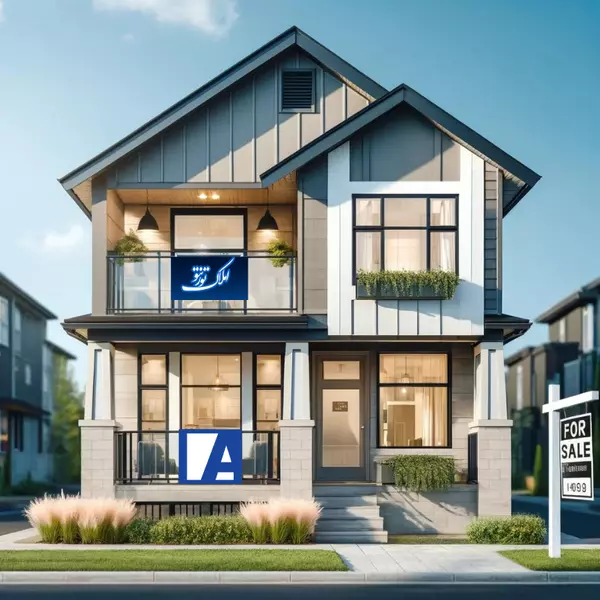
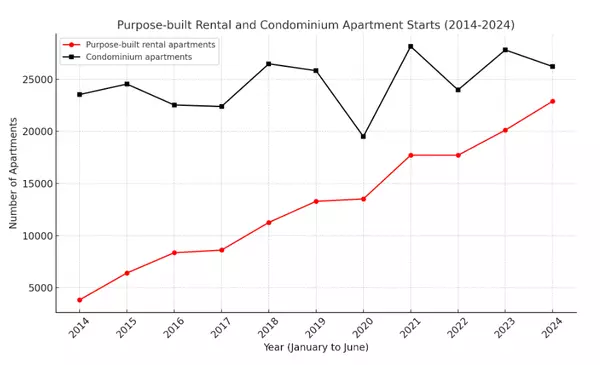


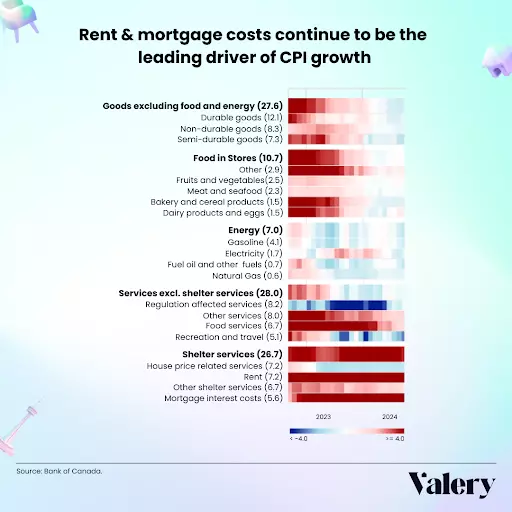
GET MORE INFORMATION


